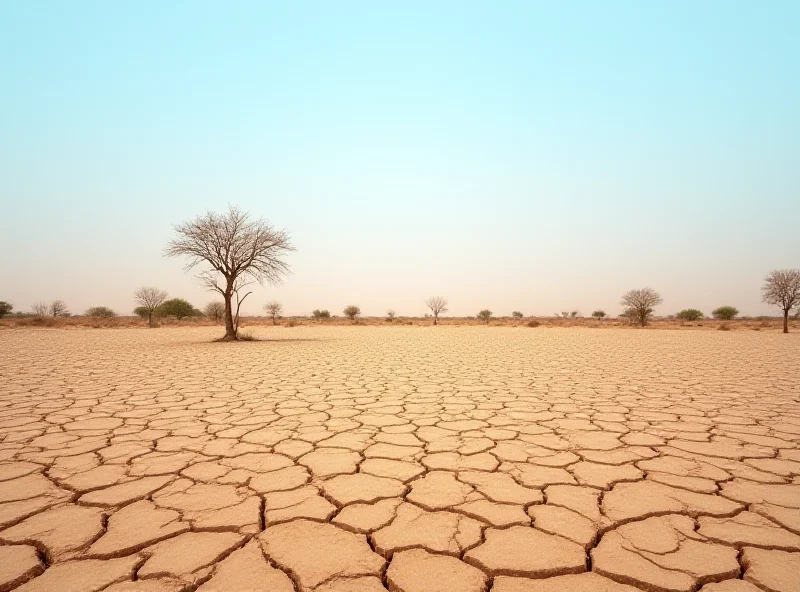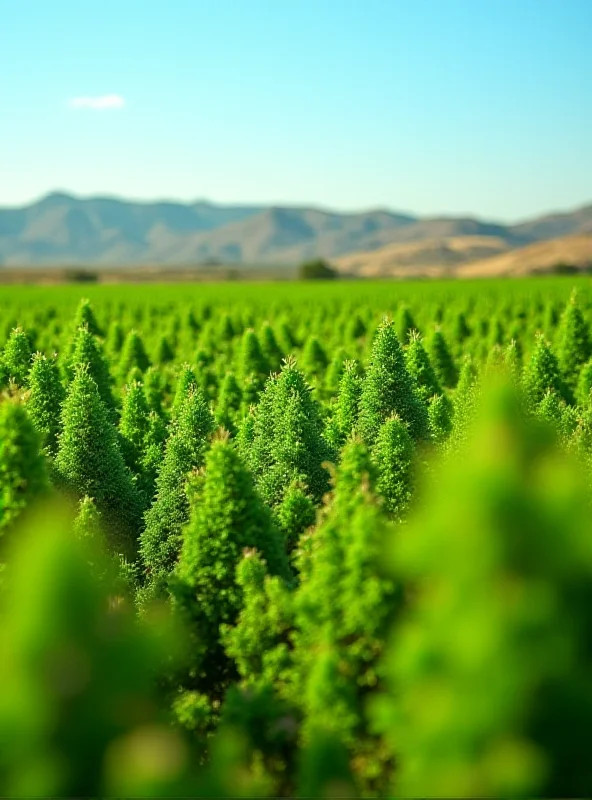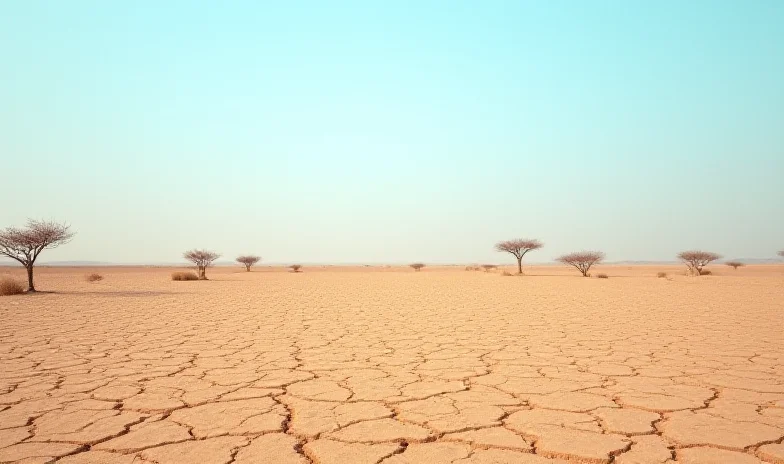Morocco is currently navigating a complex landscape of economic and social shifts. From drought-related challenges impacting traditional celebrations to progressive moves in cannabis legalization and international relations, the nation is undergoing significant changes.
Drought Impacts Eid al-Adha Celebrations
A severe drought has significantly reduced Morocco's livestock herd, leading to rising prices amid ongoing inflation. In response, King Mohammed VI has urged Moroccans to refrain from buying and slaughtering sheep for the upcoming Eid al-Adha celebrations. This decision aims to alleviate pressure on the already strained livestock population and mitigate the economic impact on families. Eid al-Adha is a major religious holiday during which the traditional sacrifice of sheep is a central practice. This year, the holiday will look different for many.

The call to limit sheep purchases reflects the severity of the drought and its impact on the agricultural sector. "The situation is critical," stated a government official, emphasizing the need for collective action to conserve resources and protect the nation's livestock. The impact of climate change is increasingly being felt across the region, requiring innovative solutions and difficult decisions.
Legal Cannabis Cultivation Takes Root
In a move towards economic diversification, Morocco is encouraging farmers in the northern Rif region to transition from illegal drug crops to regulated cannabis plantations for therapeutic and cosmetic use.  This initiative aims to transform traditional cultivation practices and tap into the growing global market for legal cannabis products. The Rif region has historically been a center for cannabis cultivation, and this shift represents a significant change in policy and economic opportunity.
This initiative aims to transform traditional cultivation practices and tap into the growing global market for legal cannabis products. The Rif region has historically been a center for cannabis cultivation, and this shift represents a significant change in policy and economic opportunity.
The government hopes that this initiative will provide a sustainable income for farmers and contribute to the overall economic development of the region. The move is also expected to help combat illegal drug trafficking and promote a more regulated and controlled cannabis industry. This initiative highlights Morocco's willingness to explore new economic avenues and adapt to changing global trends.
Visa-Free Travel on the Horizon
Morocco is poised to become the first African country to implement a bilateral visa-free regime, according to an announcement by the Kazakh Foreign Minister.  While specific details of the policy and its implementation remain to be seen, this development marks a significant diplomatic milestone. The visa-free regime is expected to boost international travel and strengthen bilateral relations between Morocco and its partner countries.
While specific details of the policy and its implementation remain to be seen, this development marks a significant diplomatic milestone. The visa-free regime is expected to boost international travel and strengthen bilateral relations between Morocco and its partner countries.
This initiative signals Morocco's commitment to fostering greater international cooperation and promoting tourism. The move could potentially attract more visitors and investors, contributing to economic growth and cultural exchange. This development underscores Morocco's growing role as a regional leader and its commitment to building stronger ties with the global community.
From navigating the challenges of drought to embracing new economic opportunities through cannabis legalization and promoting international cooperation with visa-free travel, Morocco is demonstrating its resilience and adaptability in a rapidly changing world.
